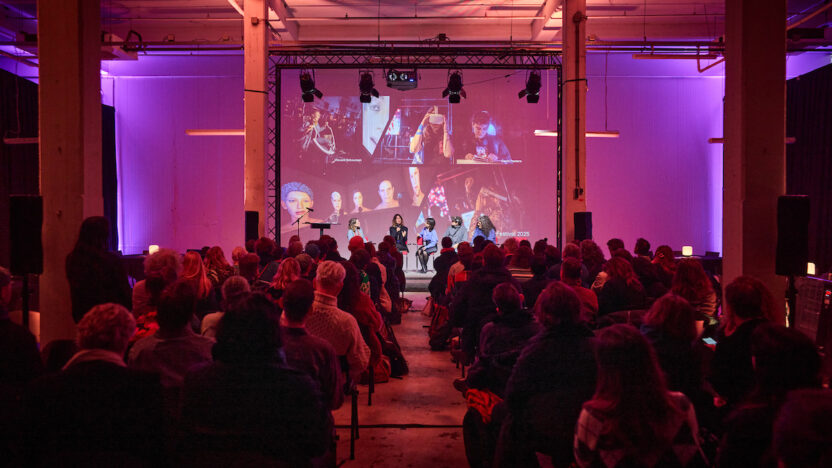“Be bold; you matter; you’re there”: Madeleine Molyneaux on attending IFFR as an emerging professional
As the festival comes alive across Rotterdam each year, filmmakers and professionals can always find each other in the IFFR Pro Hub, a dedicated meeting ground for the whole industry community at the festival. Through panels, workshops, and one-to-one mentoring, it creates space for dialogue, collaboration, and professional growth.
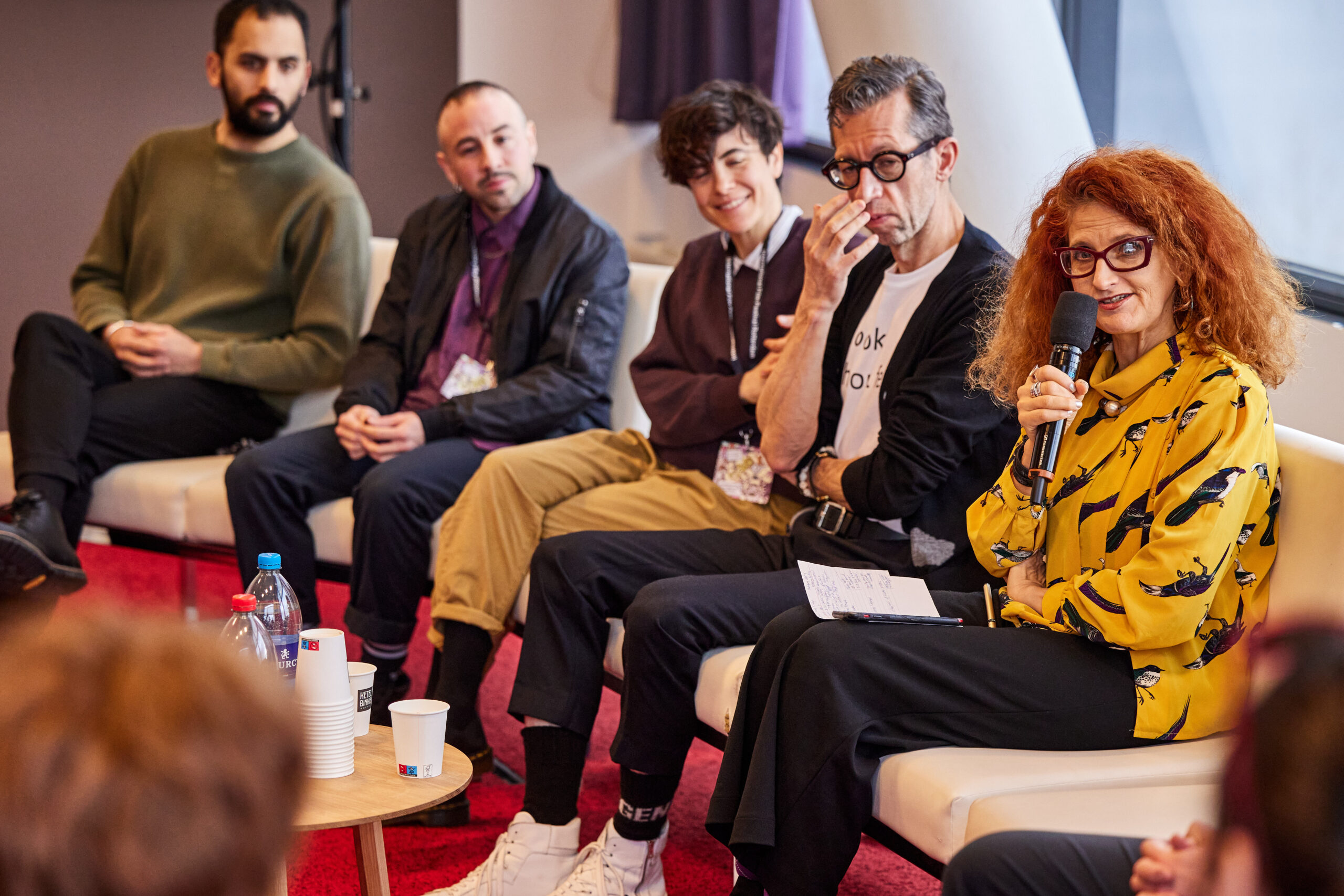
Among the experienced voices guiding these exchanges is Madeleine Molyneaux, a US-based producer, curator, and long-standing Pro Hub mentor. She sat down with us to explain what makes this a special place to come to advance your career or make important business and creative connections at the festival. She shared thoughtful advice to make the most of IFFR Pro Hub.
With her company, Picture Palace Pictures, founded in 2004, she collaborates with emerging and established filmmakers to develop, produce and represent work ranging from creative documentaries and hybrid fiction to moving-image projects and curatorial initiatives that resist easy categorisation.
Molyneaux’s connection to IFFR spans more than two decades and multiple roles. She first came to Rotterdam as a producer seeking projects, then as a festival programmer, later as a member of the Q& A team, a panel moderator and producer and representative of films in the official selection. Her first visit also sparked a career-long collaboration with artist and filmmaker Kevin Jerome Everson, whose debut feature Spicebush (2005) “blew (her) away.” Since then, she has produced and represented his multiple features and shorts, many of which had their world premiere at IFFR including Cinnamon (2006), Emergency Needs (2008), The Island of St. Matthews (2013), Park Lanes (2015) and Improvement Association (2017).
Her immersion in different corners of the festival, eventually led her to the Pro Hub mentor programme. What she values most is its participant-driven approach: “It’s almost like speed dating – a very immersive moment that exists within that delineated space and time. So make it count!”
“This mix of intimacy and expansiveness is what makes Rotterdam unique.”
For Molyneaux, the spirit of Pro Hub is rooted in openness. “The lovely thing that IFFR provides for all filmmakers is an IFFR Pro accreditation with Pro Hub access. The filmmakers are an integral part of the discussion within this more industry-focused context. This breaks down a lot of barriers. There is this idea of democratisation – a lack of hierarchy.”
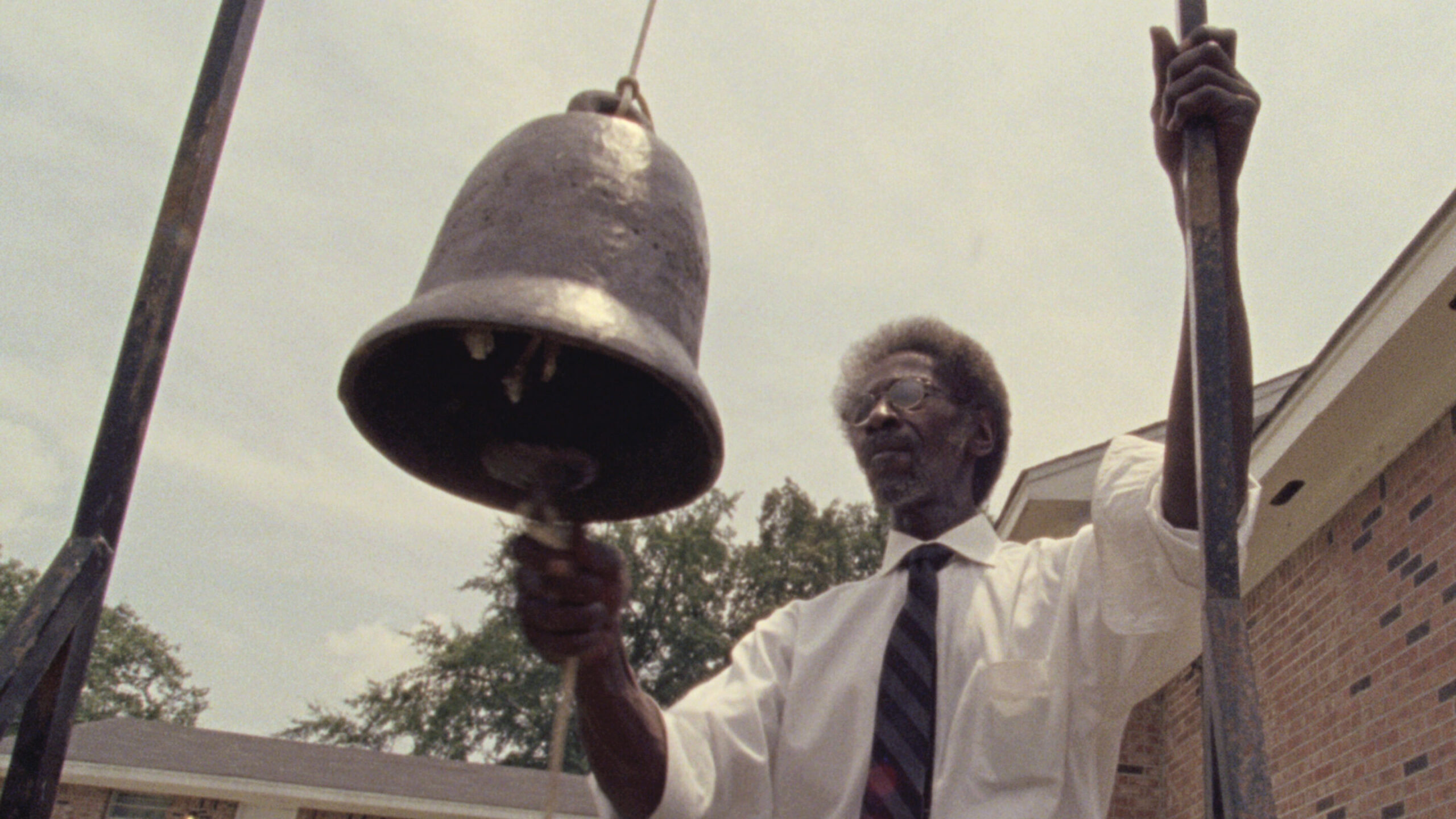
That sense of accessibility is reflected in the informal nature of encounters. “When I first came to IFFR I was immediately impressed with how easy it was to meet people, to start multi-layered conversations that might begin at ‘de Doelen’ and continue at a bar, or at WORM, or at breakfast the next morning, or in the queue for a film.” For her, this mix of intimacy and expansiveness is what makes Rotterdam unique.
She also stresses the way Pro Hub connects across festival platforms: “A range of topics can be discussed; nothing is off limits. The Hub is in dialogue with CineMart, the Hubert Bals Fund, and other initiatives, encouraging people to think across disciplines and project stages. You may have a finished film at the festival this year, but your nascent project could be a candidate for CineMart or HBF in the near future.” For Molyneaux IFFR is uniquely positioned to “offer this hybrid model between presenting your films but also forward-looking about the next work you want to do, and to explore the possibilities of co-production, funding and financing, and especially collective filmmaking and self-distribution endeavors.”
“I always come out of meetings with a renewed sense of optimism and energy, something built into the connection, the activity of encouraging and working to empower others.”
Molyneaux frames her mentoring not as a teacher-student dynamic but as a collaboration: “A mentor is not there to judge or lecture or to tell a mentee what to do or make them feel like they’ve misstepped or made bad decisions. It is to ideally inspire, convey information and guidance when needed, and facilitate connecting the dots.”
She describes her role as “a conduit but also as a cheerleader and enthusiast of the work.” The exchange, she adds, is reciprocal: “I always come out of meetings with a renewed sense of optimism and energy, something built into the connection, the activity of encouraging and working to empower others.”
Most of the questions she hears from filmmakers concern festivals, sales, distribution, and how to build momentum toward the next project. Her advice is to resist the formula: “The marketplace is complex and unpredictable. One size does not fit all. Flip the script, do things differently, and adopt well-worn strategies and processes only when they serve your individual projects and values.”
“In the spirit of IFFR and the Hub, if cross-connection and collaboration seems viable, I’ll definitely think of ways to continue the dialogue.”
Perhaps her most important guidance is to embrace openness: “Try to strip off the intentionality of what it is you are there for.” While questions like “How do I get a sales agent?” are valid, she stresses that “allowing ideas and opportunities to manifest is part of building a sustainable model, one’s own design for living” as opposed to: “I want this, how do I get this?’”
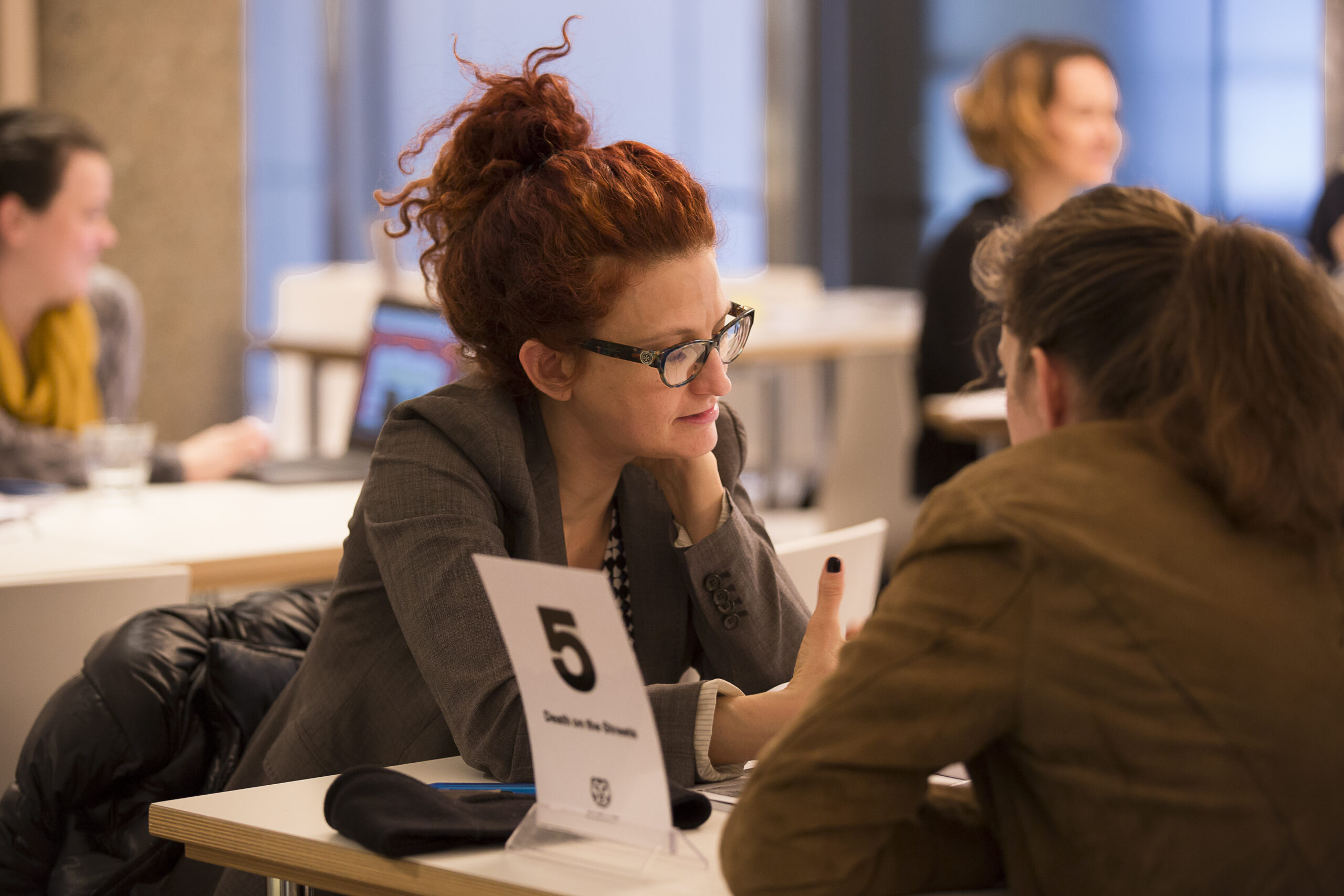
That philosophy sometimes leads to collaborations that grow out of the mentoring room. She is careful to keep her roles at the festival distinct, but acknowledges that “in the spirit of IFFR and the Hub, if cross-connection and collaboration seems viable, I’ll definitely think of ways to continue the dialogue. It has to happen very naturally.”
Sometimes it does. One example is Irish filmmaker Frank Sweeney, whose Few Can See (2023) won a Tiger Short Award at IFFR. After introducing him to distributor Video Data Bank, Molyneaux later joined as one of the producers on his next project, Go Ye Afar (2026). “It’s interesting because what is coming up in our discussions about how to diffuse the film across multiple platforms is what we discussed in our initial meeting.”
“The best preparation is to be very receptive and open to the possibilities.”
Looking ahead, Molyneaux encourages new participants to approach the Pro Hub with curiosity rather than rigid goals. “The best preparation is to be very receptive and open to the possibilities. Of course, make a list of people you hope to meet or what you hope to accomplish, but don’t be beholden to your set intentions. Listen. Observe. And also be kind and patient to yourself.”
Above all, she emphasises embracing the festival as a whole. “The best encounters I’ve had at IFFR have been a combination of attending panels, Big Talks, after-hours concerts, informal events, and industry drinks. And perhaps my biggest advice for filmmakers attending IFFR is: go see other people’s films! Stay for the post-screening Q&A! Don’t deprive yourself of the festival experience because you have a film in the festival. Be bold; you matter; you’re there.”
– by Paula Estany Hachuel
A list with articles
-
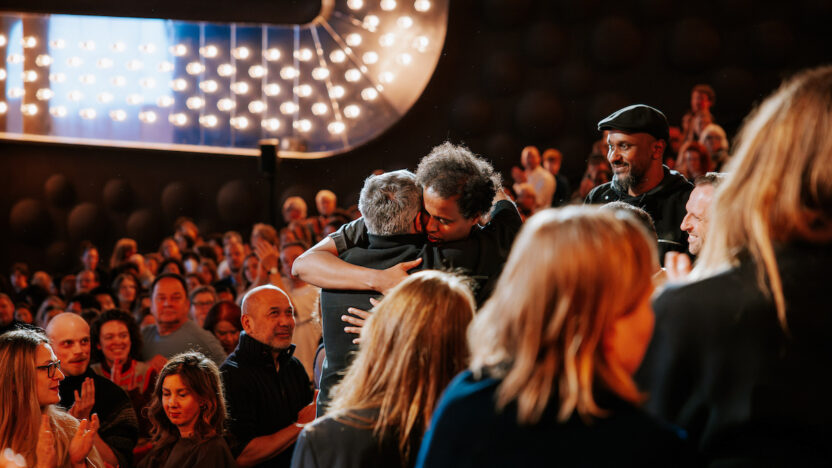
IFFR closes its 55th edition celebrating an uptick in new, younger audiences and industry attendees
Published on:-
News
-
Press release
-
-
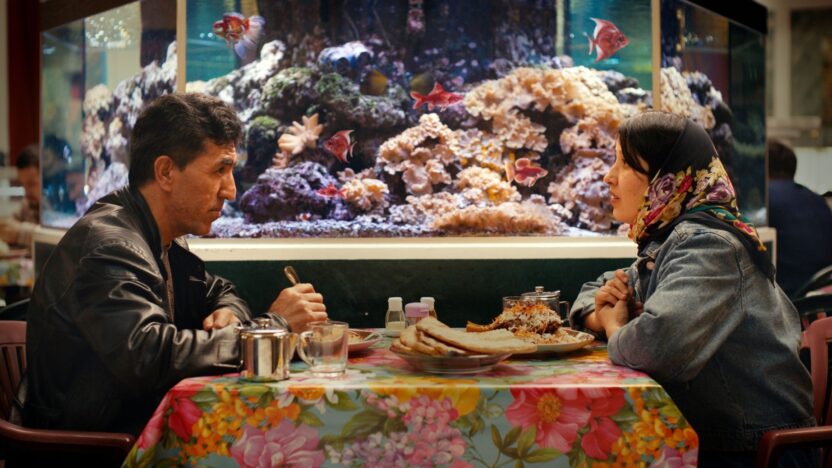
Shahrbanoo Sadat’s No Good Men opens Berlinale 2026 among strong HBF and CineMart lineup
Published on:-
CineMart
-
Hubert Bals Fund
-
IFFR Pro
-
-

